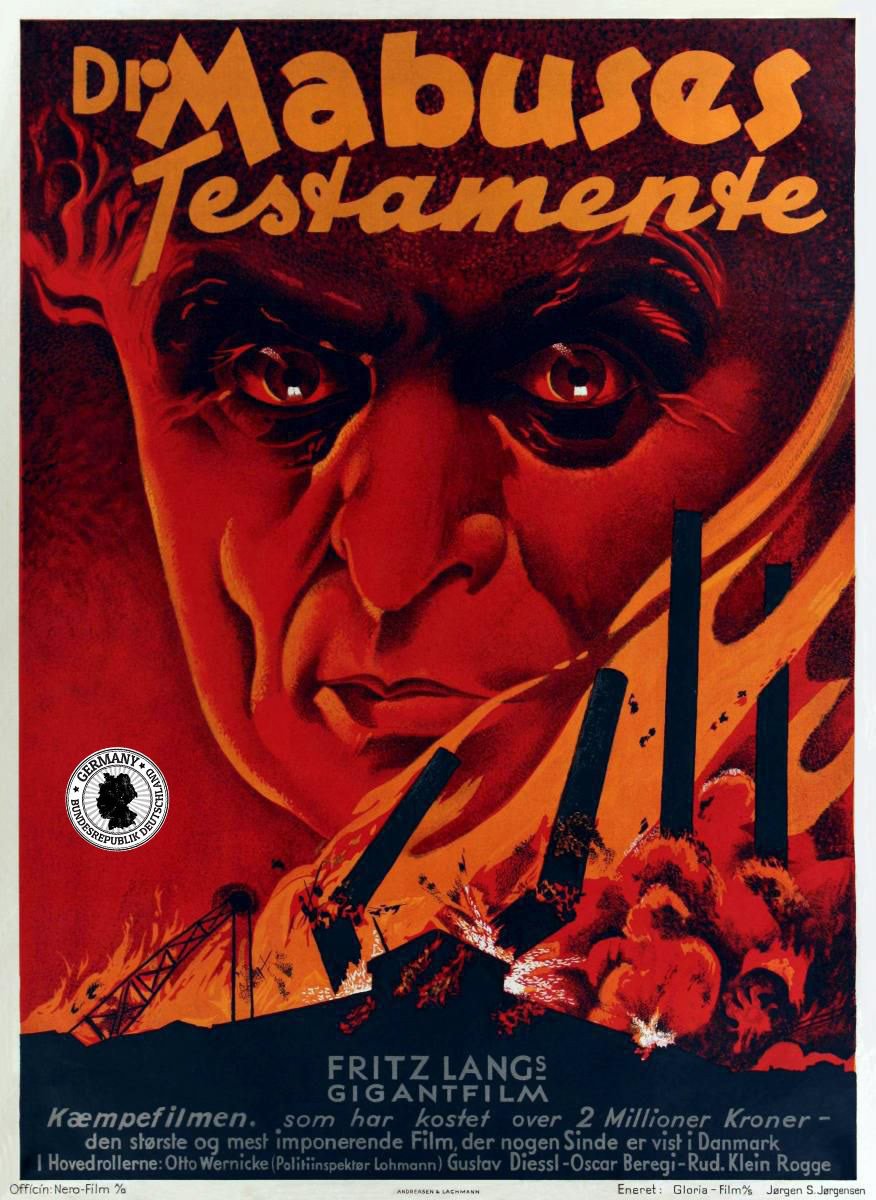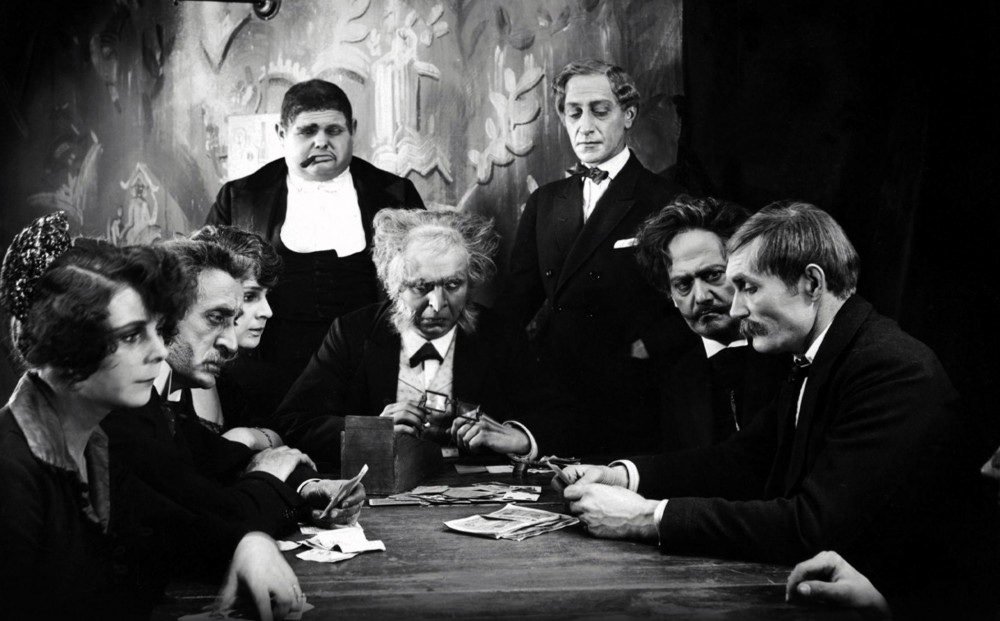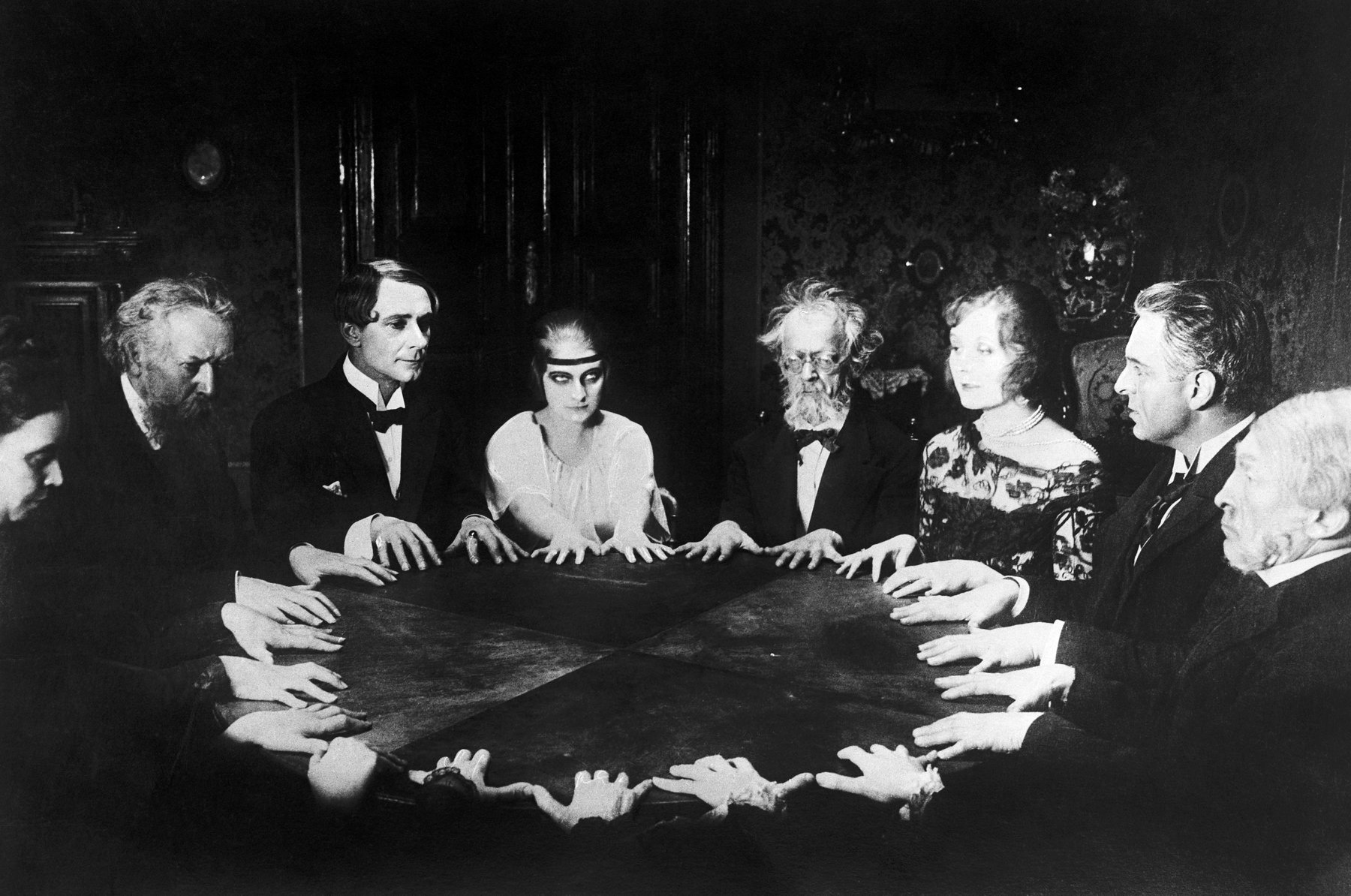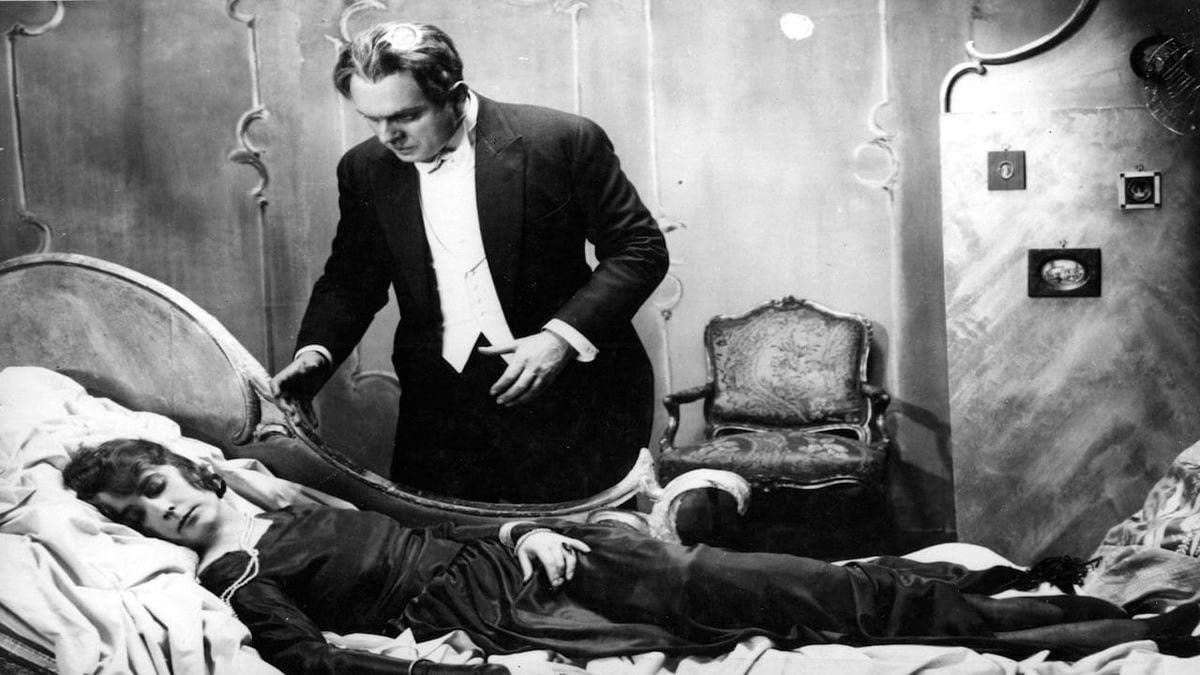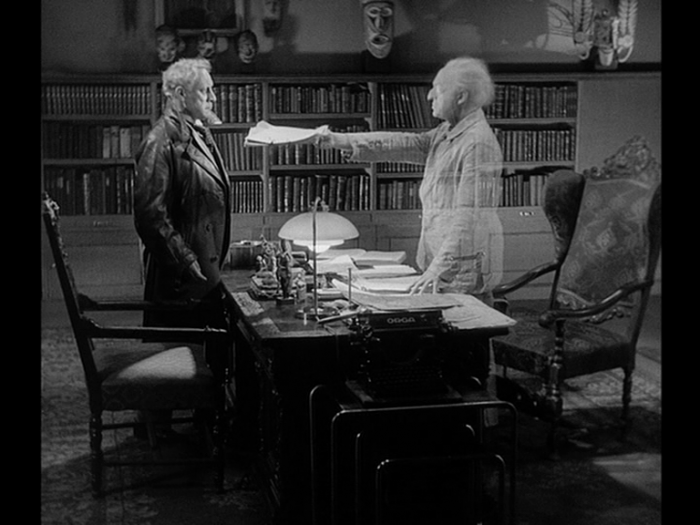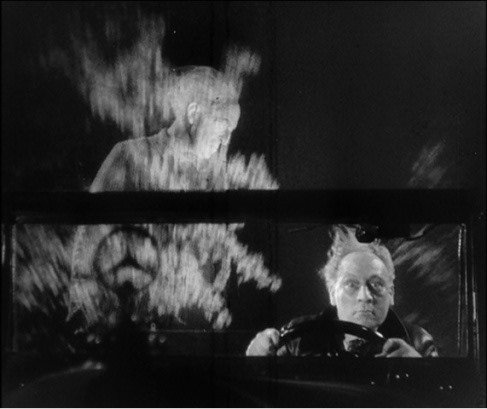Fritz Lang's “Dr. Mabuse”
An analysis of Fritz Lang's evolution as an auteur. His Dr. Mabuse films include themes of authoritarianism, disguises, hypnosis, and crime.
For Weimar Film and Culture - SP ‘19 - Prof. Lisabeth During
“Peter Sloterdijk says that Weimar is divided with dual perspectives, expressionist and modernist, bourgeois or radical, socialist or nationalist (Gunning 153). While Kracauer ties society to cinema in From Caligari to Hitler, Gunning, like Elsaesser, says there’s a “gap” between Mabuse as a metaphor or the paranoid Weimar and as an eclectic portrait of the times.”
